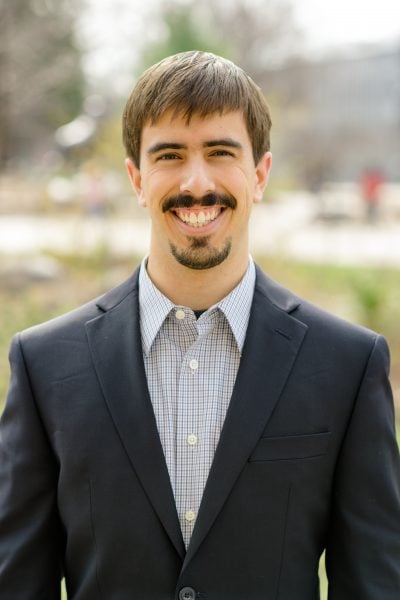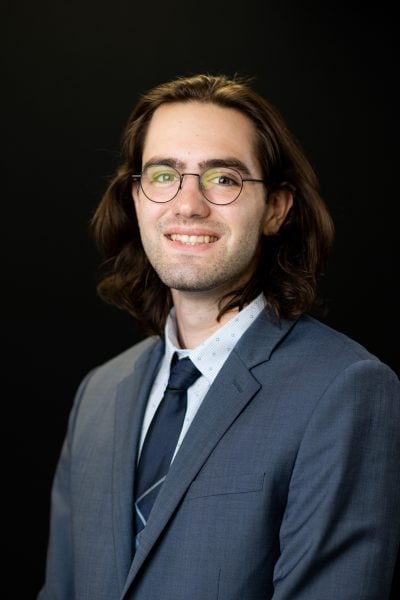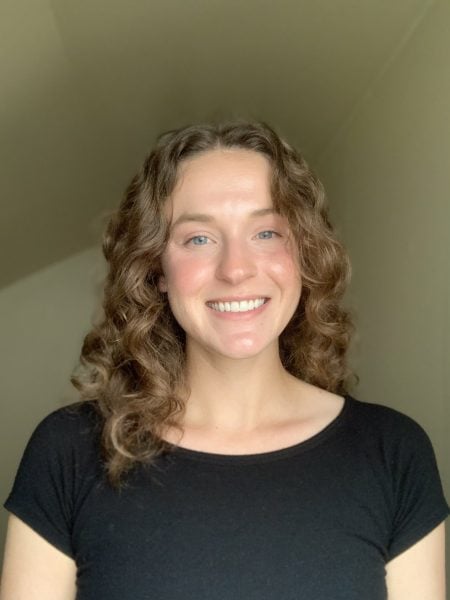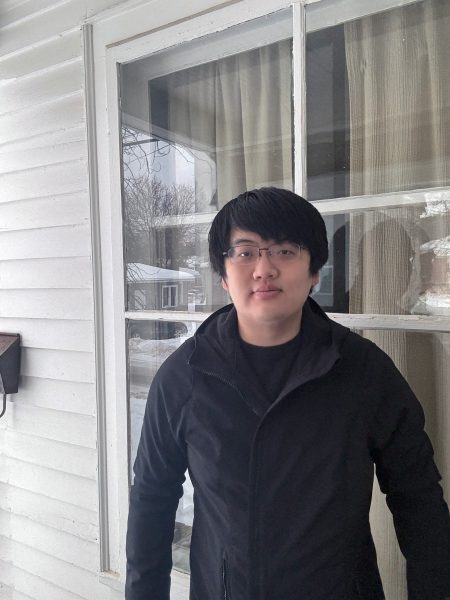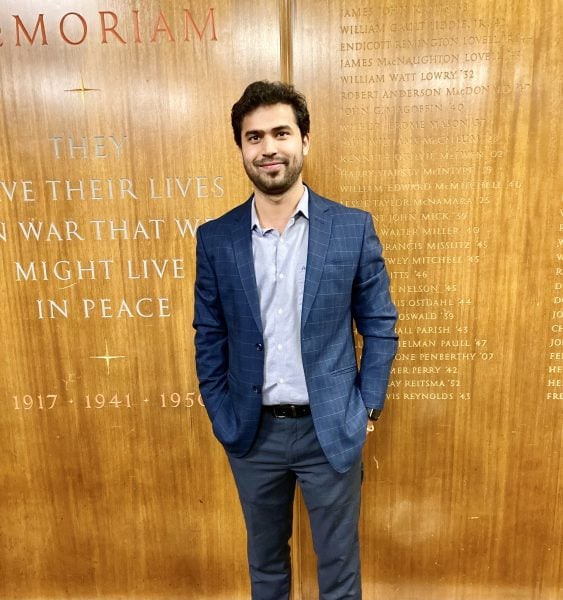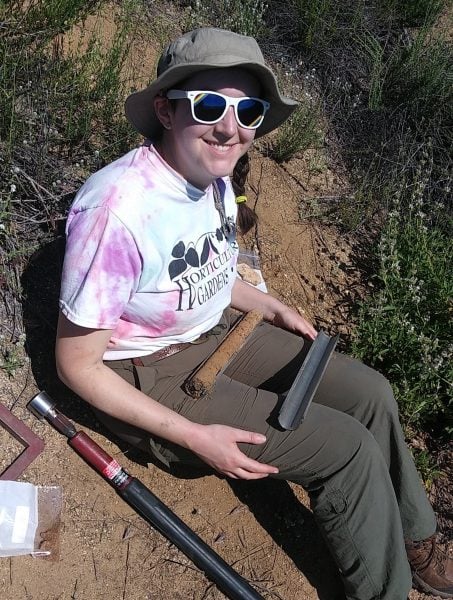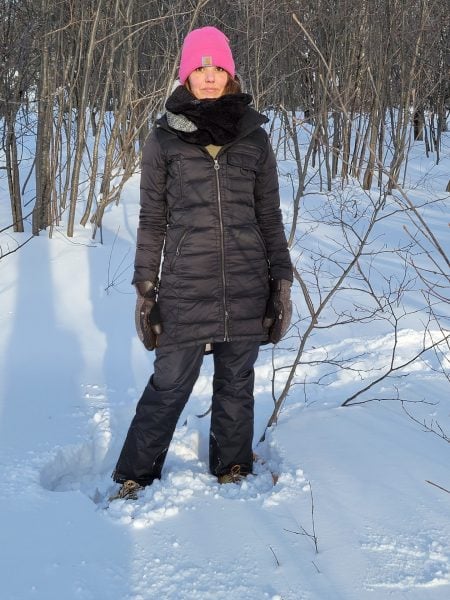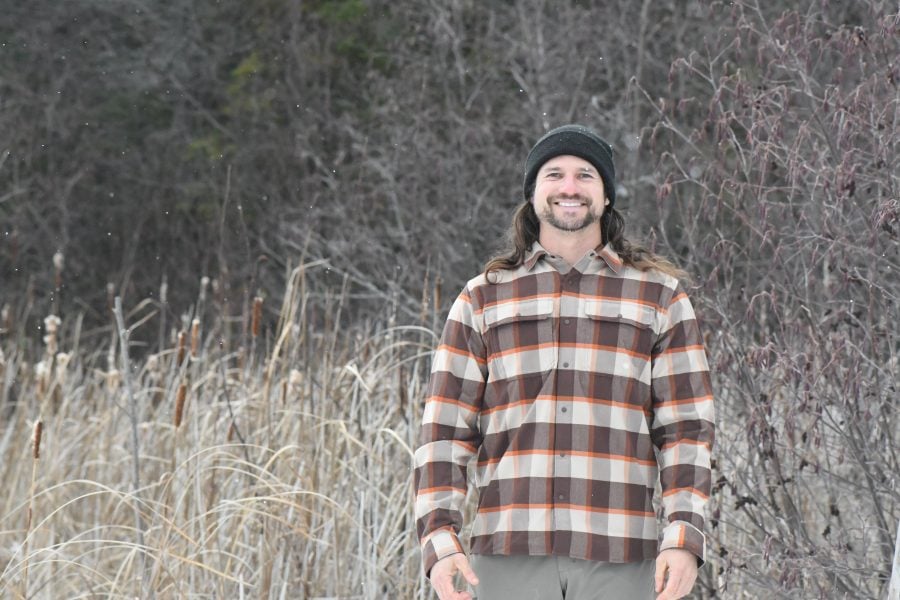We’re excited to announce that Governor Whitmer has officially proclaimed April 7th through April 11th, 2025, as Graduate and Professional Student Appreciation Week in the state of Michigan. This significant recognition, championed by the Michigan Association of State Universities (MASU), shines a light on the crucial role and immense value that graduate and professional students bring to our universities and the entire state.
As we approach this special week, the Graduate School wants to take a moment to express our sincere pride in each and every one of our graduate and professional students. Their commitment to scholarship, tireless pursuit of knowledge through research, and dedication to mastering their chosen fields are truly commendable. We witness firsthand the late nights in the lab, the thoughtful discussions in seminars, and the innovative ideas our students bring to life. The accomplishments of graduate students, both big and small, contribute significantly to the vibrant intellectual environment of Michigan Tech and have a lasting impact.
Graduate and Professional Student Appreciation Week is a chance for the entire university community to acknowledge and celebrate the vital role that graduate students play in our community.

